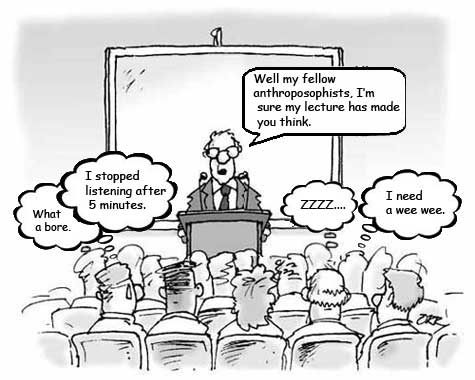| 1 |
| reading01 |
| CSE SPIS 2017 |
| Name: | ||||
|---|---|---|---|---|
| (full first and last name) | ||||
| UCSD email address: | @ucsd.edu | |||
| Optional: name you wish to be called if different from name above. | ||||
| Optional: name of "homework buddy" (leaving this blank signifies "I worked alone" |
||||
reading01: Flipped Classroom: Basic Electronics
| ready? | assigned | due | points |
|---|---|---|---|
| true | Sat 08/19 08:00PM | Tue 08/22 08:45AM |
You may collaborate on this homework with AT MOST one person, an optional "homework buddy".
Bring this with you to your first lecture on the due date indicated.
Why this Reading Assignment?
Actually, this is really more a “listening” assignment. The idea is to get you ready and prepared for Tuesday’s lecture on the basics of electronics. But additionally, it will introduce you to teaching styles knows as “peer instruction” and a “flipped classroom”, which are probably very different from what you are used to. In fact, peer instruction is different from how most classes are taught at UCSD. However, in the CSE department, you will encounter several classes that do follow this structure, and this assignment, combined with the electronics lecture, will give you a little taster. Also, it is the best way to get the most out of the limited time we have to try to grasp the basics of electronics.
For this assignment, you are expected to watch the videos mentioned in the writeup below, by the due date.
What is Peer Instruction?
Peer instruction is an educational methodology, a way of teaching classes. Well, you might wonder: Aren’t classes just lectures? Why something different? To answer these questions, we should wonder “how do we learn?”. Watch this short excerpt (2 min) from an interview with the inventor of peer instruction, Prof Eric Mazur: Eric Mazur: Key Points of Flipping a Classroom.
In a flipped classroom setting, the idea is to move the actual transmission of information to outside of the classroom. The students are responsible for getting the ‘lecture information’ on their own, through reading the book or watching video lectures. The benefit is that the limited time you have with instructors is then used much more efficiently by focussing on the most important step of learning: the assimilation of the information. In a flipped class, the goal of lecture time is to think, to be questioned, to discuss, and to talk to each other. The latter is called peer instruction, a critical component of learning, where you learn not just from the teacher but also from each other (both from getting another student’s view as well as by explaining). You have already experienced some peer instruction through the clicker questions in class. But this essentially takes it a step further.
Now, to summarize the entire idea and the motivations behind hit, watch this short (3 min) video cartoon: Eric Mazur & Peer Instruction.
If you want to learn more, there is this interesting talk Eric Mazur gave at the University of Michigan: Peer Instruction: Confessions of a Converted Lecturer. Watching this video is optional (it is 1h20min).

Let’s Do some Flipped Classroom Learning
Hopefully by now, you are thinking there may be some benefit to a flipped classroom, or at least you are somewhat curious about it. Flipped classrooms and peer instruction are not the magic bullet, and may not work for all topics, or some people may prefer the traditional lecture style. That’s totally fine. At least, let’s give it a try.
So we are going to use peer instruction to introduce you to the basics of electronics. This will be useful for lab08, and robotics. And for those who are in CE, this is the start of ECE35, one of the classes you have to take anyway (and considered to be one of the toughest ECE classes).
Your assignment is this: Before Tuesday class, you have to watch (and try to understand) Curt’s video lecture (26 min): Basic Electronics - The Hydraulic Analogy This is the most important part of this assignment. You will not get anything out of the lecture if you do not watch this video in advance.
What Do I have to Turn In?
There is nothing to turn in. We just want you to have watched the video lecture on electronics and the two short videos on peer instruction.
See you in class!
.